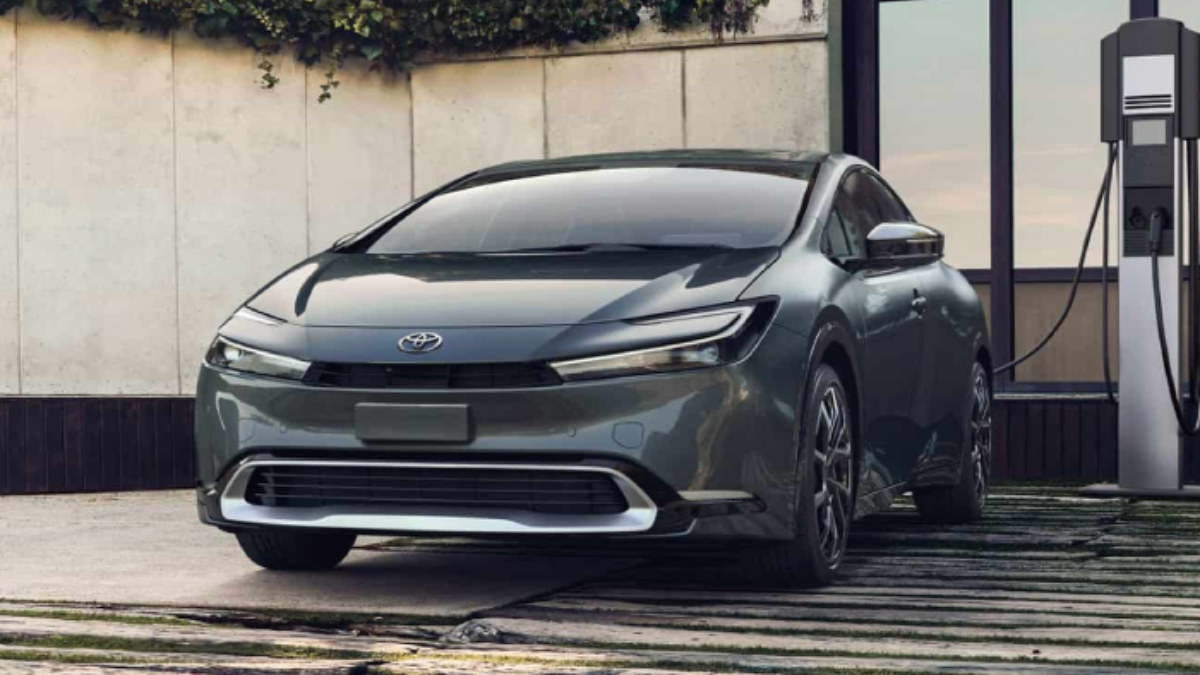As pollution levels rise and fuel prices soar, hybrid cars are becoming a popular choice among Indian drivers looking for efficient, eco-friendly alternatives. Unlike traditional petrol or diesel cars, hybrid vehicles combine an internal combustion engine with an electric motor. This combination improves fuel efficiency and reduces emissions, making hybrids ideal for Indian roads and urban traffic. With growing environmental awareness and government incentives, hybrid cars are gaining strong momentum in India’s automobile market.
What Is a Hybrid Car?
A hybrid car uses two power sources: a petrol or diesel engine and an electric motor powered by a battery. These two systems work together or separately to drive the wheels, depending on the driving conditions. For example, the car can run solely on electric power at low speeds or switch to the petrol engine for higher speeds or when the battery is low. This smart system maximizes fuel savings and minimizes pollution, especially in stop-and-go city traffic common in India.
Why Are Hybrid Cars Popular in India?
India’s increasing urbanization and frequent traffic jams mean cars often idle or move slowly for long periods, which wastes fuel and increases pollution. Hybrid cars efficiently use electric power during these slow speeds, saving fuel and reducing harmful emissions. Additionally, rising fuel prices make hybrids cost-effective in the long run. Government policies promoting cleaner vehicles, like tax benefits and relaxed norms for hybrids, have further boosted their appeal among Indian consumers.
Hybrid Car Example: Toyota Camry Hybrid
The Toyota Camry Hybrid is a popular hybrid sedan available in India. It pairs a 2.5-liter petrol engine with an electric motor, producing a combined output of around 208 horsepower. The car uses an advanced battery system to store and supply electric power efficiently. It offers smooth acceleration, excellent fuel economy (around 19–20 km/l), and low emissions. The Camry Hybrid comes with modern features like a touchscreen infotainment system, advanced safety features, and a comfortable interior, making it a well-rounded choice for Indian buyers.
Hybrid Car Specifications Table (Toyota Camry Hybrid)
| Feature | Specification |
|---|---|
| Engine Type | 2.5L Petrol + Electric Motor |
| Combined Power | 208 HP |
| Transmission | E-CVT Automatic |
| Fuel Efficiency | Approx. 19–20 km/l |
| Battery Type | Nickel-Metal Hydride |
| Emissions | Low CO2 Emissions |
| Seating Capacity | 5 |
| Safety Features | 7 Airbags, ABS, Vehicle Stability Control |
| Price Range in India | ₹45 – ₹50 Lakhs approx. |
Hybrid cars represent a smart, sustainable choice for Indian drivers who want to save fuel and reduce pollution without compromising on performance. With benefits like excellent mileage, lower emissions, and growing government support, hybrids are set to become a significant part of India’s automotive future. As more affordable hybrid models enter the market, Indian consumers will have even more options to choose from, helping make India’s roads greener and cleaner.
FAQ’s:
How does a hybrid car save fuel compared to a regular car?
Hybrid cars use electric power during low speeds or stop-and-go traffic, reducing fuel consumption and increasing mileage.
Are hybrid cars more expensive than normal petrol or diesel cars?
Yes, hybrid cars typically cost more upfront, but the fuel savings and tax benefits can make them cheaper to own over time.
Can hybrid cars run solely on electric power?
Many hybrids can run on electric power for short distances or at low speeds, but they switch to the petrol engine for higher speeds or longer drives.
Is it expensive to maintain a hybrid car in India?
Maintenance costs are generally slightly higher than regular cars due to battery care, but the reduced fuel costs help balance overall expenses.
